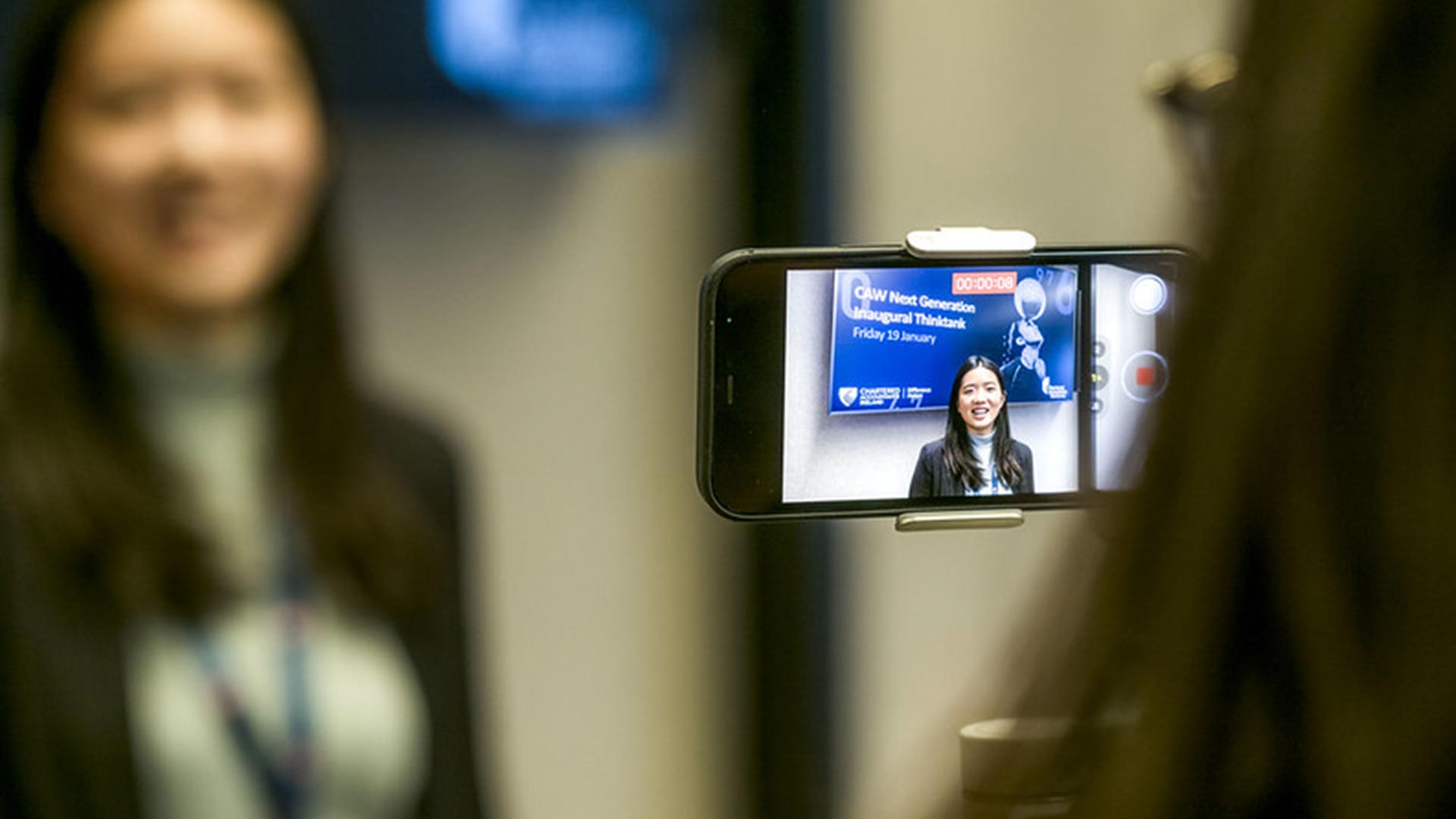The challenges of the new year will look mightily familiar. ICAS President Catherine Burnet CA outlines how rethinking the lessons of the pandemic will help CAs boost the fledgling recovery.
6 steps to staying agile in 2021

The ending of one year and the beginning of another always brings fresh hope that things are about to change for the better. And while many will be eager to say goodbye to 2020 – a year that will be remembered for unprecedented disruption and uncertainty – the hard work is not over yet. Rebuilding and reimagining business for our post-pandemic future is a long-term, multi-year project that will require the ongoing attention of finance professionals.
The qualities that we’ve drawn on during the pandemic – resilience, agility, flexibility – will be just as important in navigating the challenges of 2021 and beyond. Covid-19 may have forced us to accommodate faster and more frequent changes in business, but the new year offers an opportunity to fully embrace the benefits this could bring to our economic recovery. Here are six actions that I’ll be taking forward into the new year.
1. Draw on your team’s experience
Nothing can prepare you for uncertainty and crisis quite like living through them. Experience of the challenges posed by juggling sudden turmoil brings with it the peace of mind that tough times do indeed pass. Prior to the pandemic – and perhaps three years of Brexit uncertainty – the most recent test of our ability to navigate economic uncertainty was the global financial crisis of 2008. And many of us will remember the recessions of decades past.
Family businesses, in particular, draw a lot of value from senior family members who have weathered storms all the way back to the Second World War. These employees are able to share vital lessons about embedding agility in business that are just as applicable today. It all goes to show that there’s no age limit on knowledge and knowhow. Ensure you’re making the most of the experience of everyone in your team.
2. Encourage young and new employees
Young people are entering employment at an incredibly difficult time. There’s no office camaraderie to ease them into the workplace – and it would be easy to leave them feeling isolated behind laptop screens in parental homes or shared houses. Leaders must make an effort to regularly touch base with new employees and see how they’re coping. While building these bridges, we also have to be honest with them about the challenges facing businesses. It helps to build experience and resilience and, just as importantly, creates trust.
Leaders should encourage young employees to read widely and often. It needn’t be about business or economics – it could be anything that improves their understanding of the world in which they operate. Being curious – and asking questions – will help them develop new skills even as we’re physically separated.
3. Continue to practise good governance
The pandemic has brought about a business landscape that is constantly shifting. As a result, we are under immense pressure to make decisions – and the right decisions – at pace.
There may be a temptation to cut corners when it comes to due diligence and governance, but we must maintain our rigorous standards as accountants and finance professionals. Make sure that the processes you have put in place to weather this pandemic are robust and not at risk of being undermined by the twin pressures of cost and time. The companies that exhibit good governance when times are at their hardest are the ones that will prevail when the happier times return.
4. Tailor client service like never before
Unlike the last great recession, the global financial crisis of 2008, which produced a slide in demand across the board, the pandemic has hit various sectors of the economy with strikingly different consequences. Hospitality and leisure are struggling to survive, wondering when, or even if, the old times will return, while tech and healthcare seem relatively buoyant. This stark contrast in experience demands thoughtful and tailored client service.
There are some major questions for CAs to consider. What does the new reality look like for your client? What can they do to position themselves as effectively as possible? What changes in customer behaviour have occurred? How has the supply chain been affected?
These are standard areas of examination, of course, but the disparity of experience brought about by the pandemic means that accurate, researched answers hold more value than ever before. The quality of service offered to clients must remain as high as possible.
5. Plan for a post-pandemic world
There are two time horizons for businesses to plan around: the pandemic and the post-pandemic. Leaders at firms fortunate enough to have room for manoeuvre, and not simply be operating in survival mode, should fully embrace the transformative power of a crisis. Consider bringing about change that will not only help your business weather the pandemic, but also improve its standing in the long term. The tech sector is the prime example – we’re already beginning to see the emergence of new, future-ready business models here.
When the post-pandemic world does arrive – which may not be as soon as 2021 – there could be a desire to get back to “normal” as quickly as possible. For those businesses that had both the opportunity and the capacity to evolve, do not throw away your hard-won achievements. And for those that experienced more challenging circumstances, reflect on the progress made against the odds. Two simple examples are the spread of flexible working and online retailing. Despite seeming like unstoppable trends long before the pandemic, it encouraged many businesses across the world to make those final leaps.
6. Replicate the energy of the office
The office holds a lot of power. Before the pandemic, we may have taken for granted the number of decisions made in passing conversation, bumping into someone while walking down a corridor or popping to the kitchen. The office environment also quickly welcomes new employees to the business and kickstarts the development of their skills. A lot of knowledge is gained simply by osmosis, being around colleagues and overhearing snippets of conversation.
As we adjust to living with the pandemic for what might be the long term, we must find ways to replicate the fizzing, constructive energy of the office while remote working. Try introducing a “coffee roulette”, where people across your business are matched at random and encouraged to talk about their lives at home and at work. Alternatively, encourage teams to have a call running in the background while they work, allowing employees to have natural and free-flowing conversations. Experimenting with the technology available will allow firms to make the most of the remaining months that we are forced to spend apart.
Watch “Leadership, Purpose and Ethics”, part of the Building Resilience webinar series hosted by Chartered Accountants Worldwide, by clicking here
This article was first published in CA magazine: https://www.camagazine.co.uk/january2021#!presidents-view












